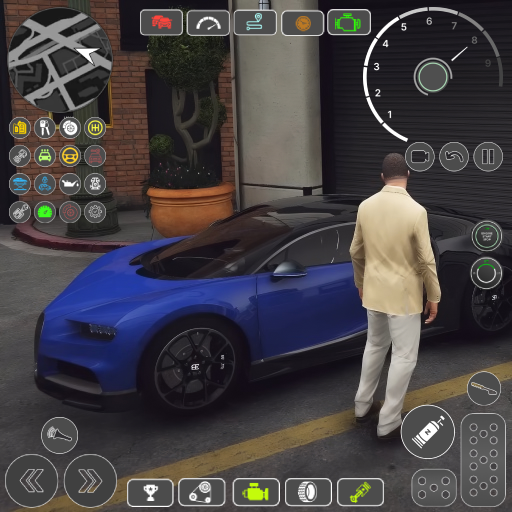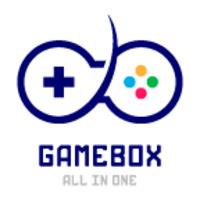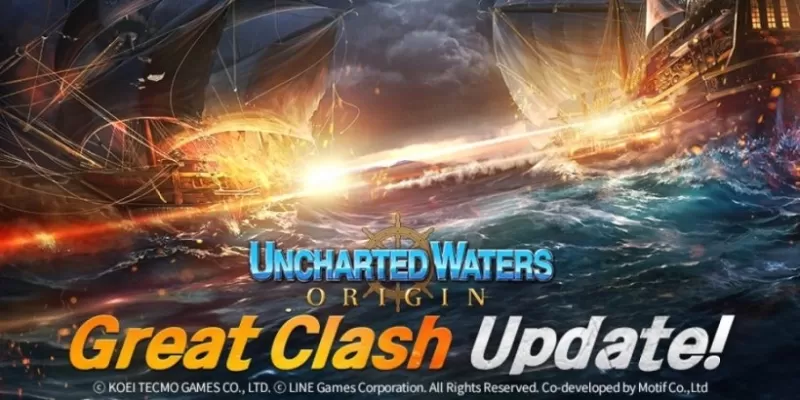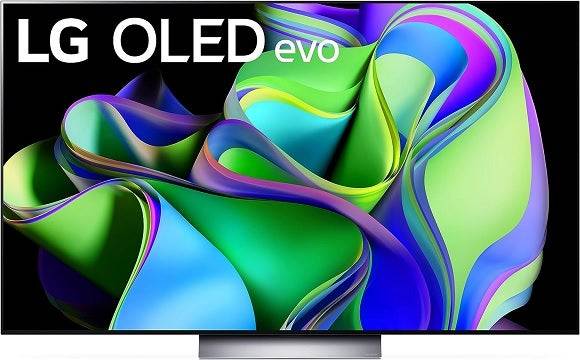Microsoft has officially announced a major partnership with AMD to power the next generation of Xbox hardware, including future first-party Xbox consoles and cloud infrastructure. This collaboration marks a significant step forward in Microsoft’s long-term gaming strategy.
“We’re building the next generation of Xbox first-party devices and cloud, including our future Xbox consoles, together with AMD,” Microsoft stated in an official announcement.
While specific details remain under wraps, Microsoft emphasized that its upcoming consoles will deliver “next-level performance, cutting-edge graphics, breakthrough gameplay, and unmatched compatibility.” Importantly, all new hardware will maintain full backward compatibility with the existing Xbox game library—a key promise to players who’ve invested heavily in their current games and consoles.
In addition, Microsoft confirmed a strategic, multi-year agreement with AMD to co-engineer custom silicon across a range of devices, including next-gen Xbox consoles.
“This partnership is about delivering deeper visual quality, immersive gameplay, and AI-powered experiences—grounded in a platform designed for players, not tied to a single store or device, and fully compatible with your existing Xbox game library,” the company added.
In a recent video, Xbox president Sarah Bond reiterated Microsoft’s commitment to next-generation hardware innovation. She noted that the company is investing heavily in its upcoming lineup of gaming hardware, spanning console, handheld, PC, cloud, and accessories.
The announcement confirms that Microsoft plans to release both a new home console and a dedicated Xbox handheld device. While no official release date was given, Bond expressed excitement about the future: “We can’t wait to show you what’s next.”
Earlier reports had suggested a potential 2027 launch window for both devices, with the next-gen Xbox console expected to function more like a high-end PC than any previous Xbox. It’s also believed that the system will support third-party storefronts such as Steam, the Epic Games Store, and GOG, aligning with Bond’s vision of a flexible, open gaming ecosystem.
“This is all about building you a gaming platform that's always with you, so you can play the games you want across devices anywhere you want—delivering an Xbox experience not locked to a single store or tied to one device,” Bond explained.
To support this vision, Microsoft is working closely with the Windows team to ensure that Windows remains the premier platform for gaming.
In the near term, Microsoft continues to collaborate with third-party manufacturers on Xbox-branded hardware, such as the [ttpp]Xbox Ally[/ttpp], a handheld gaming PC running a specially optimized version of Windows 11 tailored for handheld use. The device is expected to launch later this year.
 Home
Home  Navigation
Navigation






 Latest Articles
Latest Articles

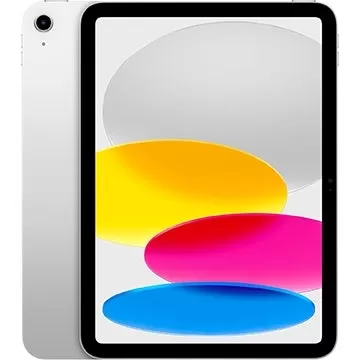
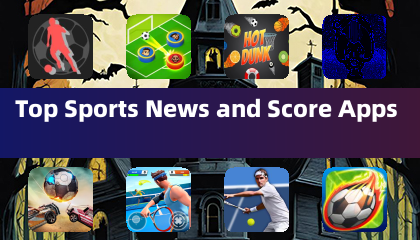

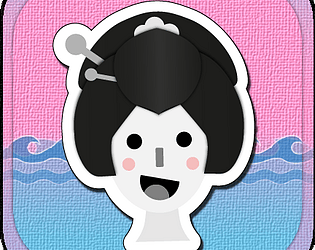



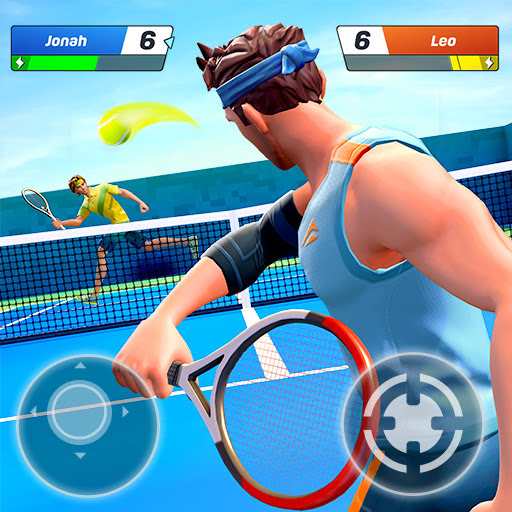

 Latest Games
Latest Games
